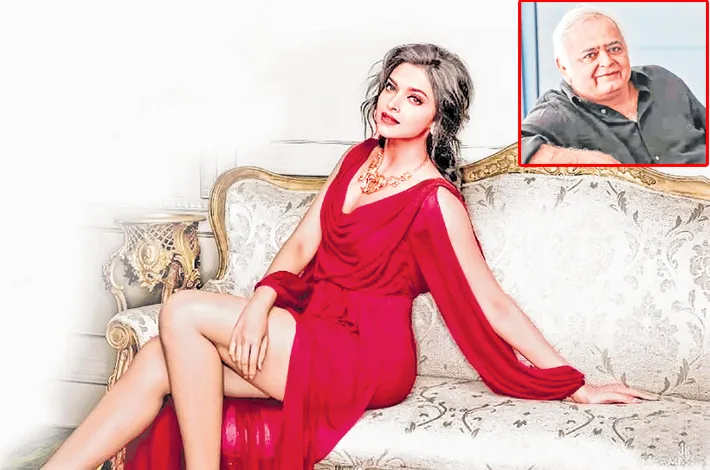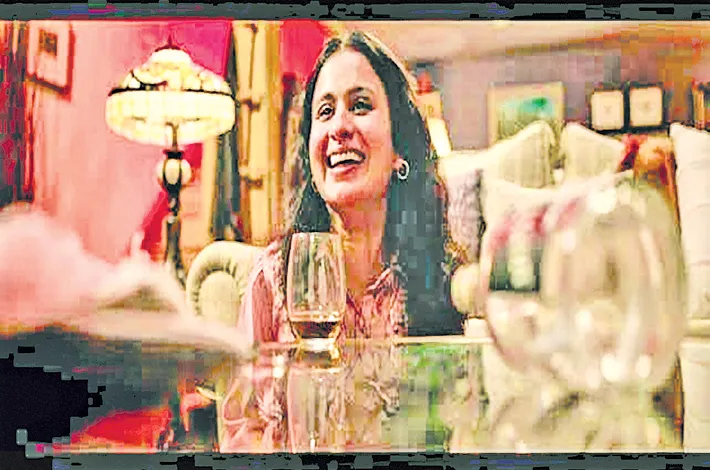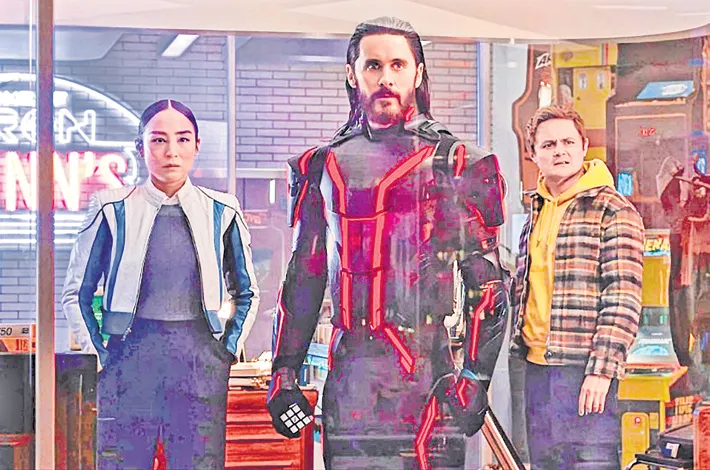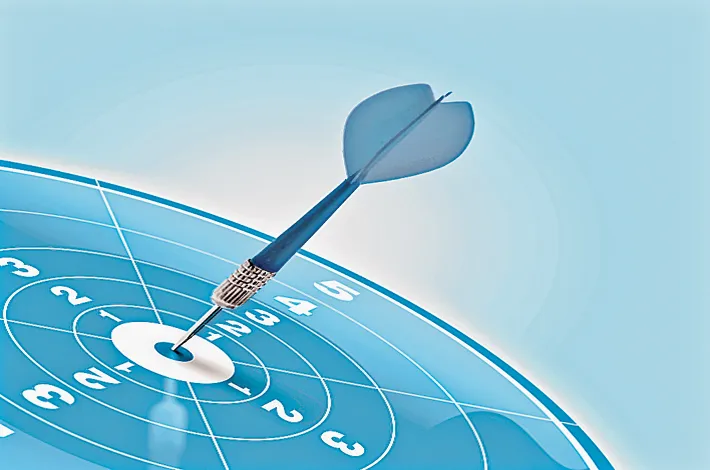A tender takedown of toughness
11-10-2025 12:00:00 AM
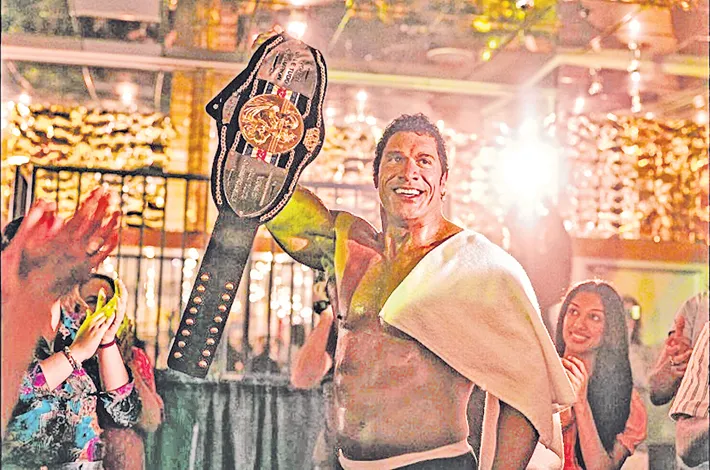
This film is less a sports biopic than a slow-motion implosion. Adapted from the 2002 documentary on MMA legend Mark Kerr, it trades punches for pathos, exposing emotional bruises. The result is intimate and indulgent, an arthouse grapple that often feels like Uncut Gems on sedatives. Safdie’s solo debut after parting ways with his brother Josh swaps adrenaline for ache, painting addiction, ego, and the loneliness of masculinity. At times grippingly humane, it sometimes wades too deep into melancholy, shadowboxing its way toward profundity.
The narrative treads familiar ground: the athlete at peak, fall from grace, the tortured comeback. Yet Safdie’s visual style; grainy VHS flickers and stately 65mm frames, gives the clichés a pulse of sincerity. What the film lacks in narrative muscle, it makes up for in texture. We watch Kerr win battles in Japan’s Pride rings while losing wars with opioids and self-worth. The punches land, but the emotional blows are quieter, often arriving between bouts, when the camera lingers on him doing nothing but breathe.
Actors’ performance
Dwayne Johnson, for once, ditches his action-figure swagger and lets us see the man under the marble. His Mark Kerr is not “The Rock,” but a cracked monument; mighty, meticulous, and terrified of collapsing. Johnson’s restraint is revelatory; his stillness speaks louder than any roar from his blockbuster past. This is his most nuanced work, a performance sculpted in silence rather than sweat.
Emily Blunt, as Dawn, does her best with a thankless role that keeps veering toward “long-suffering partner” territory. She injects flashes of intelligence and irony into scenes that could have been shrill, turning co-dependency into a kind of tragic choreography. Their chemistry, both tender and exasperating, anchors the film’s emotional core. Ryan Bader, as friend and rival Mark Coleman, lends a raw authenticity that no trained actor could fake. Together, the trio form a study in masculine vulnerability, where every bruise hides a plea for connection.
Music
Slipping between formats, as though trying to match Kerr’s splintered psyche, the film’s aesthetic is a peculiar triumph. The fights are brutal but unglamorous, captured with documentary immediacy that drains them of spectacle. Nala Sinephro’s jazz-inflected score hums beneath the violence, a dreamy counterpoint that suggests the quiet delirium of addiction. There’s an almost poetic dissonance between image and sound, the kind of juxtaposition that keeps the film from drowning entirely in its gloom.
The editing, however, can feel repetitive. Safdie follows Kerr’s Japan-to-Arizona shuttling so faithfully that narrative momentum begins to sag. What’s missing is the risk and chaos that made the Safdie brothers’ earlier work so electric. This is a softer, more contemplative Safdie, admirable in intent, if occasionally too cautious in execution.
FPJ verdict
Overall, the film is a bruised elegy for men who mistake punishment for purpose. It’s messy, meandering, and occasionally self-absorbed but also unexpectedly tender. For audiences used to seeing The Rock leap from skyscrapers, this introspective climb down feels like the real stunt. It’s not a knockout, but it’s a fight worth watching.





